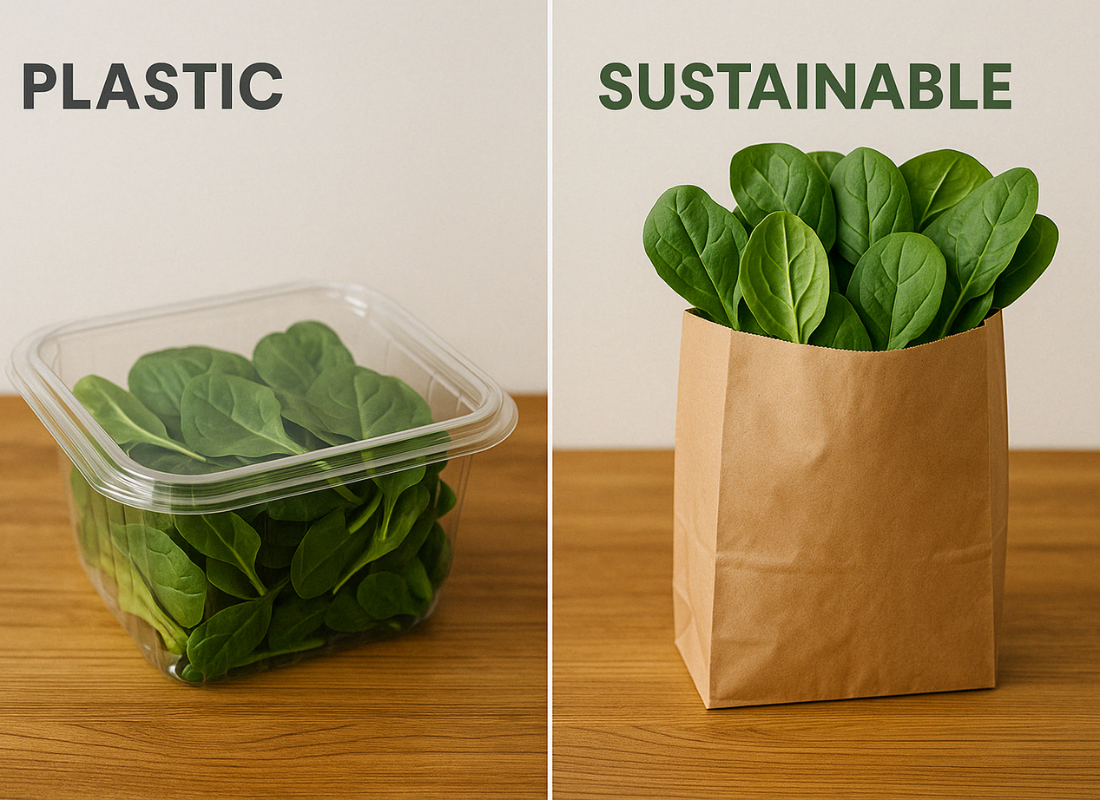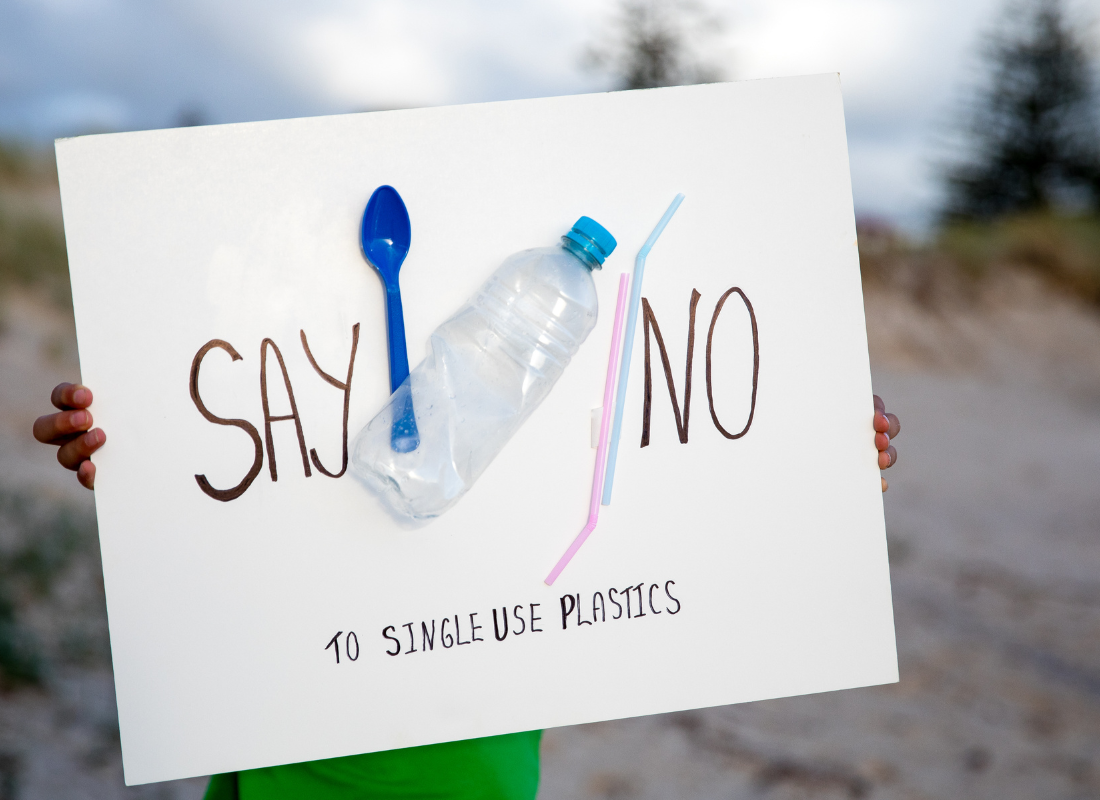
Single-use plastics—such as straws, bags, and takeout containers—are among the most pervasive pollutants harming our oceans, wildlife, and communities. For businesses, especially in hospitality, retail, and food service, reducing plastic waste is not just an environmental imperative but also a strategic opportunity to align with evolving consumer values and regulatory trends.
1. Adopt a Precycling Mindset
Precycling involves making conscious purchasing decisions to minimize waste before it occurs. By choosing products that are reusable, durable, and minimally packaged, businesses can significantly reduce their environmental footprint. This proactive approach not only cuts down on waste but also fosters a culture of sustainability within the organization. Wikipedia
 2. Implement Reusable Systems
2. Implement Reusable Systems
Transitioning from single-use to reusable items can have a profound impact. For instance, some cafés have adopted programs where customers can borrow reusable containers, returning them after use. Such initiatives not only reduce waste but also engage customers in sustainability efforts. Eater
 3. Switch to Compostable and Sustainable Packaging
3. Switch to Compostable and Sustainable Packaging
Opt for packaging made from biodegradable or compostable materials. Innovations in sustainable packaging are making it easier for businesses to find alternatives that meet both functional and environmental criteria. This shift not only reduces plastic waste but also appeals to eco-conscious consumers.
 4. Engage and Educate Your Customers
4. Engage and Educate Your Customers
Educating customers about your sustainability initiatives can enhance their experience and loyalty. Clear signage, staff training, and interactive programs can encourage customers to participate in waste-reduction efforts, such as returning reusable containers or bringing their own bags.

5. Collaborate with Local Initiatives
Partnering with local governments and organizations can amplify your impact. For example, city-wide programs that provide reusable cups or containers can benefit from business participation, creating a community-wide culture of sustainability.





